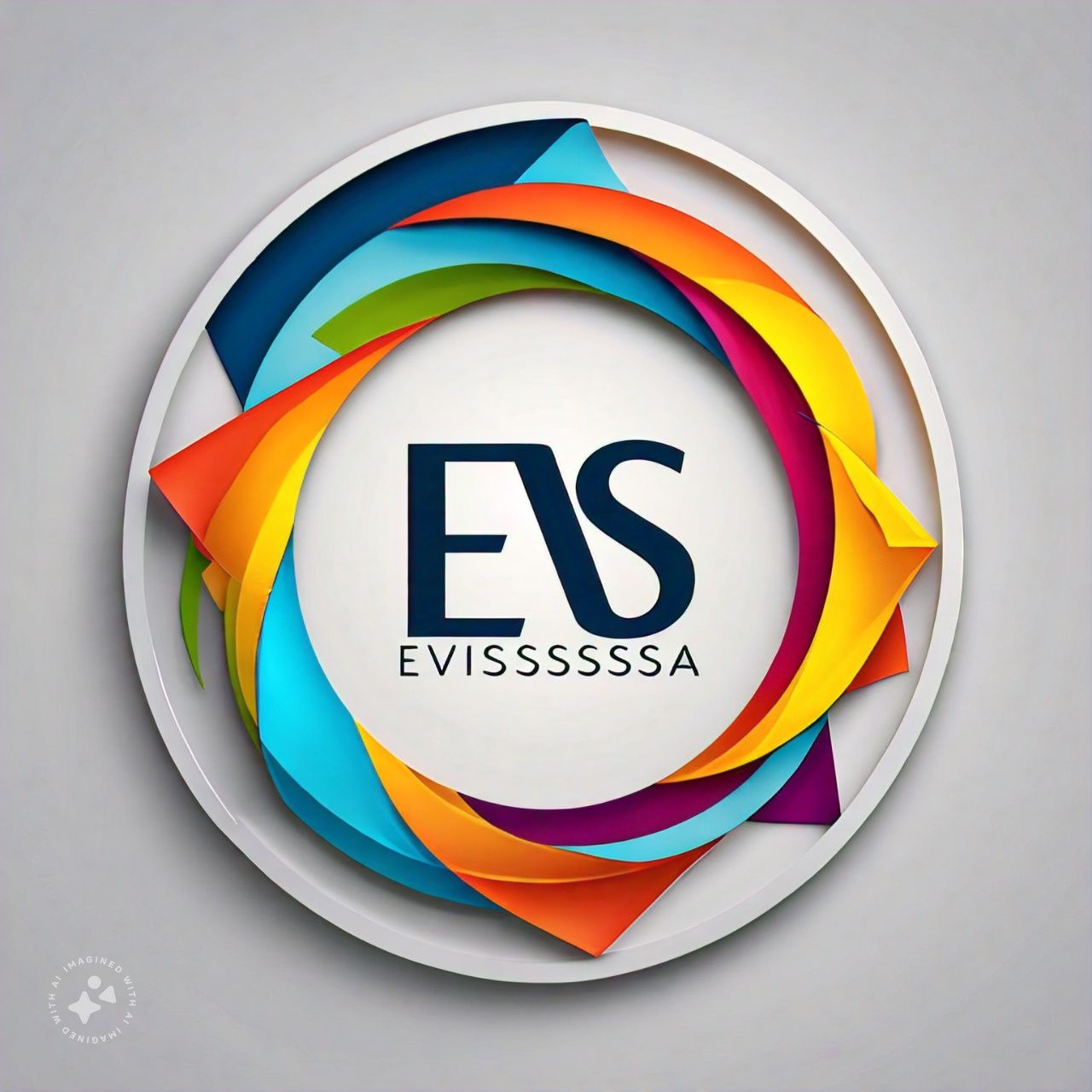
Italy offers an eVisa for citizens of certain countries and for specific types of short-term travel purposes (like tourism, business, or family visits). However, Italy doesn’t offer a general eVisa for all categories of travel. Instead, it utilizes the Schengen visa system, as Italy is a member of the Schengen Area, and you would generally apply for a Schengen visa for short stays (up to 90 days within a 180-day period).
Types of Visas for Italy (Including eVisa for Short Stays)
- Schengen Visa for Short Stays (Type C)
- Purpose: For tourism, business, or family visits.
- Validity: Short stays (up to 90 days within a 180-day period).
- Eligibility: Citizens of countries that are not part of the European Union (EU) or the European Economic Area (EEA).
- Application Process:
- You must apply for a Schengen visa through the Italian embassy or consulate in your country.
- Italy has a Schengen Visa Application Center in various countries that facilitate the application process.
- You will need to submit documents such as proof of travel insurance, travel itinerary, financial means to support your stay, and sometimes an invitation letter if visiting family or friends.
- Some nationals can apply online for a Schengen visa using the Visa Information System (VIS) if they have previously applied for a visa.
- Italy eVisa (Upcoming)
- Italy is working on launching an eVisa system in the future for various travel categories. However, as of now, Italy does not fully implement an eVisa system for citizens of all countries.
- This system will likely be designed for certain low-risk travelers and will provide an easier way to apply for a visa without visiting an embassy or consulate. It could cover tourist visas, business visas, or transit visas.
- When launched, travelers will be able to apply online and get their visa approved digitally.
- Expected Features:
- Online application process.
- Required documents could include passport details, proof of accommodation, financial means, and travel insurance.
- No need to visit an embassy unless biometric data is required.
- Long-Stay Visas (National Visa Type D)
- Purpose: For stays longer than 90 days (e.g., for work, study, family reunification, or long-term business).
- Eligibility: You will need to have specific documentation related to your stay (work contract, university acceptance, family relationship, etc.).
- Application Process: You must apply for a long-stay visa at the Italian embassy or consulate in your country.
Schengen Visa Application Process (for Short-Term Stays in Italy)
- Determine Your Eligibility:
Check if you are eligible for a Schengen visa for short stays. If your nationality is eligible for the Visa Waiver Program, you might not need a visa for stays of up to 90 days in the Schengen Area, but the rules vary depending on your country of residence and purpose of visit. - Complete the Application:
If you need a visa, you must complete the Schengen visa application form, which can often be done online through the Visa Information System (VIS). - Gather Required Documents:
Create papers like:a current passport that has two or more blank pages.
Evidence of travel insurance that covers the whole Schengen area.
Evidence of adequate funds for the length of your visit.
booking a round-trip ticket.
An invitation letter or hotel reservation.
Schengen visa cost. - Submit Your Application:
Submit the completed visa application form along with the required documents at the Italian embassy/consulate or a Visa Application Center (VAC). Some countries allow online visa applications through a portal. - Attend an Interview (if applicable):
You may be required to attend an interview or biometric data collection as part of your application process. - Wait for Processing:
After submitting your documents, the embassy or consulate will process your application. Processing time typically takes around 15 calendar days, but this can vary depending on the time of year and your individual case. - Visa Issuance:
If approved, you will be issued a visa, which allows you to enter Italy and travel within the Schengen Area for up to 90 days.
Countries Eligible for Visa Waiver (Schengen Area)
Citizens of countries within the EU/EEA and some non-EU countries (e.g., United States, Canada, Japan, Australia) do not need a visa for short stays (up to 90 days within 180 days) in Italy or any Schengen Area country. If your country is part of this visa waiver program, you can enter Italy for tourism, business, or family visits without needing an eVisa or Schengen visa.
eVisa for Italy: Future Plans
Currently, Italy does not have an eVisa system fully implemented, but they are expected to roll out this system soon. Travelers should check for updates from the Italian Ministry of Foreign Affairs or the nearest Italian consulate to see when the eVisa program becomes available for their nationality.
Privacy and Security
When applying for any visa, including an eVisa once available, it is important to keep in mind that:
- Personal information will be collected, including passport details, biometric data (photo, fingerprints), financial information, and travel itinerary.
- Data privacy: Italy follows the General Data Protection Regulation (GDPR), ensuring that personal data is securely processed and stored during the visa application process.
- Ensure you’re applying through official platforms and check the consulate or embassy’s website for official guidance to protect your data.
CLICK HERE FOR APPLY

Conclusion
While Italy currently does not offer a full eVisa system for all travelers, you can apply for a Schengen visa for short stays or a long-stay visa for more extended stays. The eVisa system for Italy may be launched in the future for easier online applications, but it has not yet been fully implemented for all visa categories. Always ensure to check the latest information and requirements from the Italian embassy or consulate before applying.

